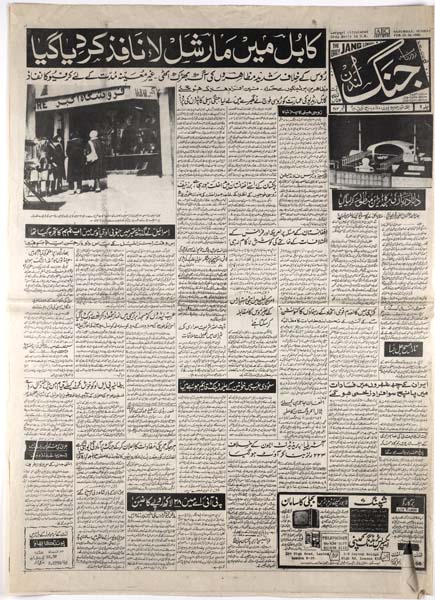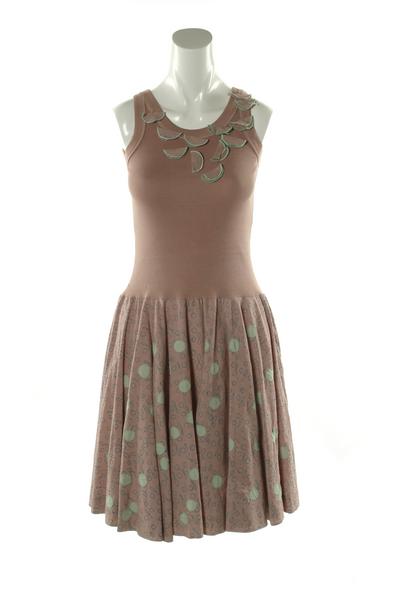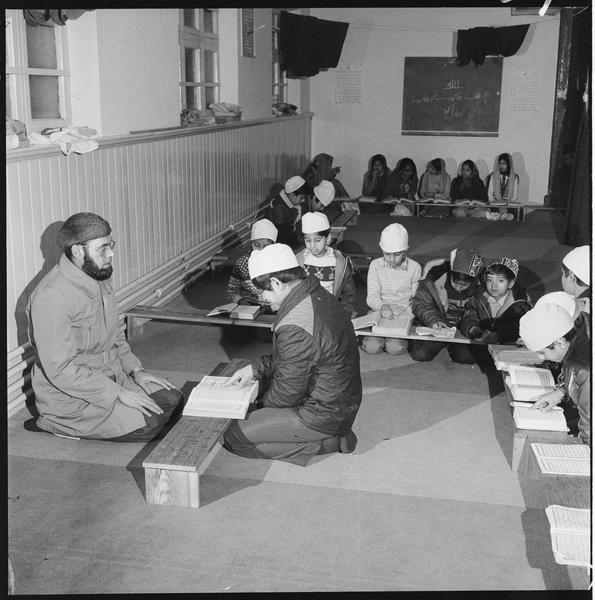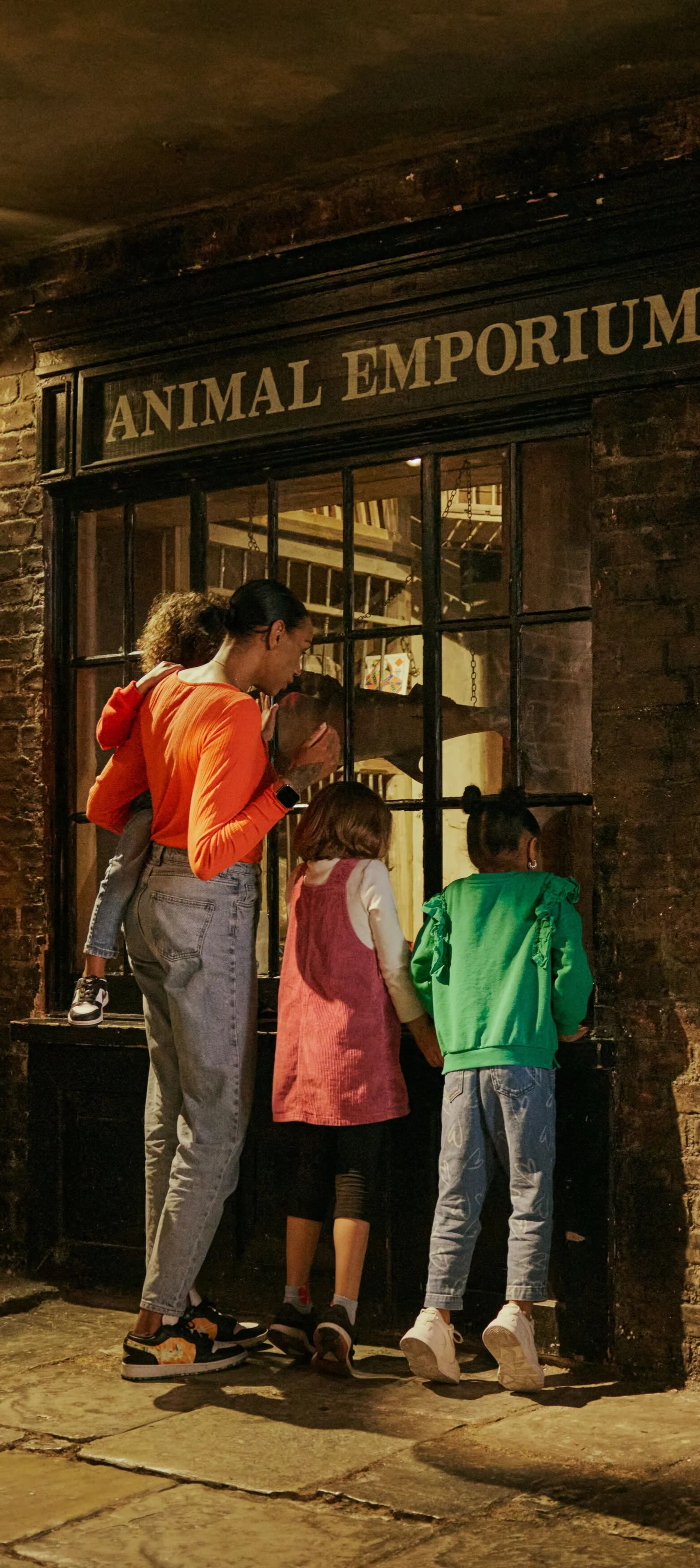Riz Ahmed: Actor, rapper, north-west Londoner
Riz Ahmed has played all kinds of characters in big studio blockbusters and celebrated indie films. But he also uses his art to explore his life journey, his identity and his hometown: Wembley, north-west London.
Wembley, Brent
Born: 1982

Stories of belonging and home
Riz Ahmed has built up quite the portfolio of characters. Maybe you’ve come across him acting as a villainous scientist in Venom, a rebel pilot in Rogue One: A Star Wars Story, a drummer with hearing loss in Sound of Metal, or a leader of aspiring suicide bombers in Four Lions.
But if you’ve watched his own films, like Daytimer or Mogul Mowgli, you’ll also know he’s never shied away from digging into his own story.
Born in Brent, Ahmed weaves his own history and heritage into his work, much of which explores belonging and unbelonging. His pocket of north-west London also frequently reappears as a backdrop.
Who is Riz Ahmed?
Ahmed was born in Wembley in 1982 to Pakistani parents who’d moved to London in the 1970s. He’s best known as an actor, having worked on many Hollywood blockbusters and indie films. But he’s also a writer, director, rapper and activist.
Across his art, he expresses what it’s like to be caught in between cultures, and his relationship to his Pakistani heritage and Muslim faith. He also campaigns for better representation of Muslims in the media, raises funds and awareness for refugees, and uses his platform to speak out against racism and injustice.
Ahmed weaves north-west London into his films and his music. In many ways, it’s home. But where does he feel like he belongs? His work dwells in this grey area.
“When I think about what’s the neighbourhood that someone like me really belongs in? I sometimes now, still, struggle to think where that might be,” he told music magazine Mixmag. “The world can still be these ready-made boxes that a lot of us don't fully seem to belong in at times. But maybe the place where we belong is a place that we're creating through our art.”
Daytimer and London’s South Asian rave scene
In 2014, Ahmed released the coming-of-age short film Daytimer, his directorial debut. Set in 1999, it follows the story of a young boy who skips school to attend a daytime rave. Ahmed mines his own childhood for the film. It was shot at his Wembley school, his parents’ house – even in his own childhood bedroom.
In the 1980s and 1990s, daytime raves called ‘daytimers’ were a huge part of British South Asian subculture. Racist club policies prevented many promoters of South Asian heritage hosting parties at night. And the daytime hours meant teens could sneak off to party without their parents knowing – they were meant to be at school or work.
“They were fertile ground for evolving music scenes”
Ahmed was one of the thousands of young Londoners who put on their best looks – brightly coloured tracksuit and trainer combos, for example, or a timeless little black dress – and skived off for a day of dancing.
Daytimers were hosted across the city at venues like Zenith in Park Royal, Le Palais in Hammersmith or Empire Ballroom in Leicester Square. They were fertile ground for evolving music scenes where live acts and DJs mixed bhangra (a fusion of Punjabi folk music and electronic production techniques) with jungle, garage and hip-hop.

Daytime raves were hosted across London in the 1980s and 1990s.
Ahmed saw a chance to show a subculture that has been obscured in British film: “I wanna… make it part of the British story in the way that Italian American stories are thought of as an iconic part of US identity,” he told Dazed magazine.
Riz the rapper
Ahmed was making music long before his big acting break in the 2014 thriller Nightcrawler. He honed his talent in freestyle battles and on London’s pirate stations, and has since released music under the alias Riz MC and as a part of hip-hop group Swet Shop Boys.
A lot of his music looks inwards. Tracks on albums like Englistan explore the cultural confusion he experienced growing up in modern Britain, alongside his personal struggles with his mental health. Ahmed also uses music as a platform for his activism. He discusses a range of issues including racism, inequality, Islamophobia, class and the impact of British colonialism.

Ahmed performing in 2013.
The Long Goodbye from 2020 was Ahmed’s first release under his own name. It’s essentially a breakup album. In it, he uses the metaphor of a toxic relationship to represent falling out of love with post-Brexit Britain, a country that no longer feels like home.
“Britain's broken up with me,” he raps on the opening track. “We had our ups but now it's broken down, lemme break down the whole fuckery.”
“‘Where you really from?’ The question seems simple, but the answer's kinda long”
Riz Ahmed, Where You From
Ahmed won an Oscar with The Long Goodbye
The Long Goodbye album inspired Ahmed to co-write and star in a visceral short film of the same name. Incorporating music from the album, it follows a South Asian family in suburban London who are hunted and attacked in their home by an all-white militia.
The film ends with Ahmed’s character wounded, with his hands cuffed behind his back, outside his family home. He recites the lyrics to the track Where You From: “They ever ask you, ‘Where you from?’ Like, ‘Where you really from?’ The question seems simple, but the answer's kinda long. I could tell 'em Wembley, but I don't think that's what they want.”
The Long Goodbye won the 2022 Academy Award for Best Live Action Short Film. It was his first Oscar win, having been nominated for Best Actor for his leading role in Sound of Metal in 2021.
Mogul Mowgli is one of his most personal projects yet
Released in 2021, Mogul Mowgli is a semi-autobiographical film that Ahmed starred in and co-wrote with director Bassam Tariq. In it, he plays a rapper called Zed who’s about to embark on his first international tour. But in a fleeting visit to his family back home in Wembley, Zed falls ill with a rare disease that turns his life upside down. Stuck in London and increasingly sick, Zed is confronted with the conflicts in his life: his relationship to his family, his Pakistani heritage, his own identity.

Ahmed in Mogul Mowgli (2021).
Mogul Mowgli was shot in west London, much of it in a wing of Ealing Hospital. The film takes its name from a Swet Shop Boys track, Half Mogul Half Mowgli, and on stage in the film, Zed performs Where You From from The Long Goodbye. It also includes home footage of Ahmed as a child.
Tariq pushed Ahmed to play someone close to himself. The focus of the camera hardly ever leaves his face. “It was exposing and felt vulnerable, but also very freeing,” Ahmed told Slant. “At best, a role brings you closer to your core, even if you’re playing another character. This role did that.”






